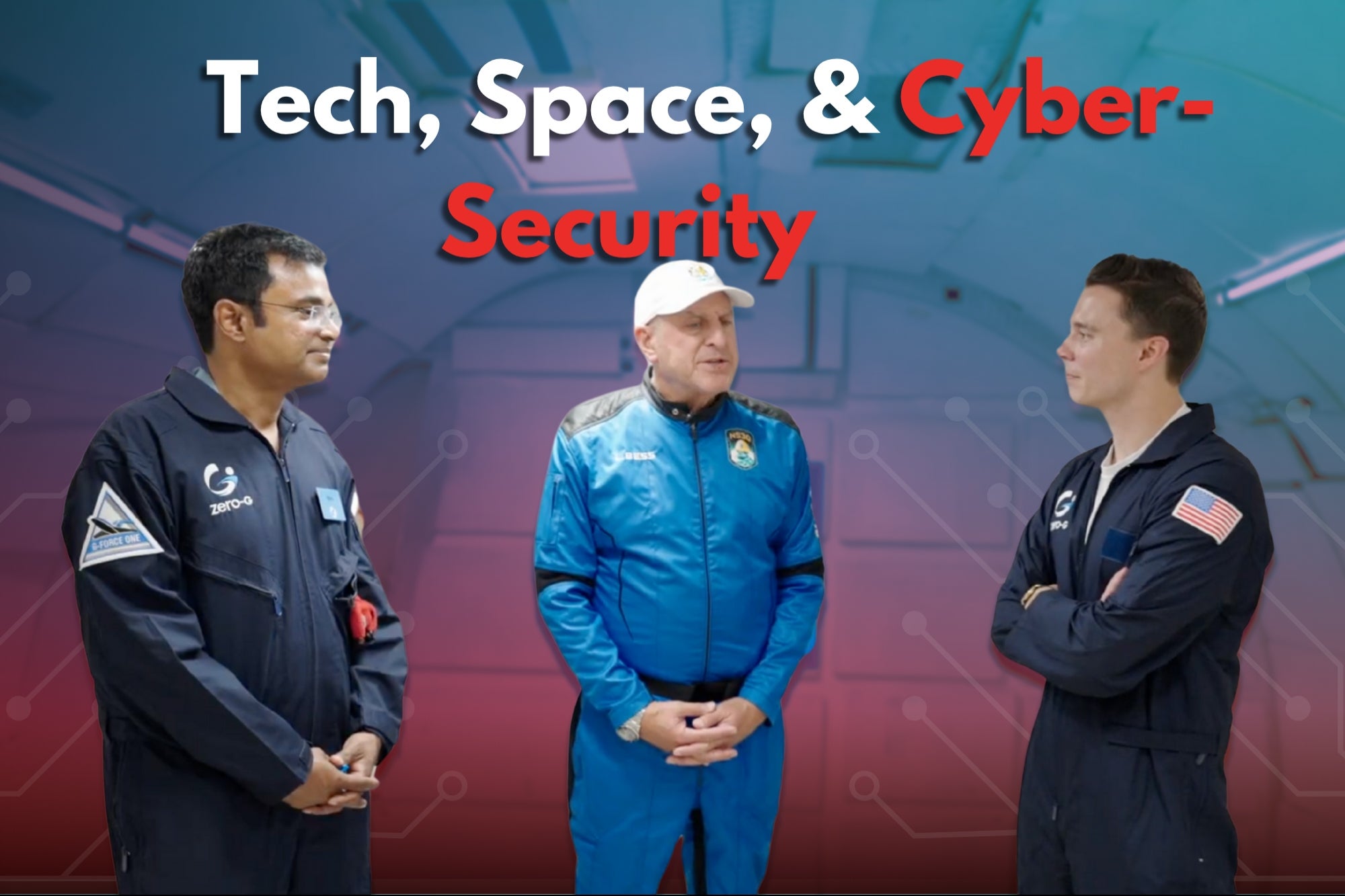How the CEO of Moët Hennessy North America Is Modernizing Legacy Luxury Brands CEO Chris Gabaldon discusses his leadership journey and how he's working to overcome the challenges facing the alcohol industry today.
By William Salvi Edited by Chelsea Brown
Opinions expressed by Entrepreneur contributors are their own.
I sat down with Chris Gabaldon, CEO of Moët Hennessy North America, who is just over a year into his role. It's his first time leading a company as CEO, and yet the portfolio he oversees is anything but novice. Moët & Chandon, Hennessy, Dom Pérignon — these are just some of their brands woven into cultural milestones for centuries. What struck me wasn't just the weight of the legacy he's stewarding, but how grounded and candid he was about the challenge.
Gabaldon didn't come up through the alcohol industry. He built a career in hospitality — starting as a room service waiter and eventually working with brands like The Ritz-Carlton and St. Regis at Marriott. That experience, he says, taught him to value the customer connection. But it also underscored one of the fundamental differences he now faces: You can't personally walk over and fix someone's glass of Dom if they had a bad experience. When your product is filtered through layers of distributors, retailers and events, how do you maintain that intimacy?
Related: What Quiet Leadership Looks Like in a Loud World — and How It Took This Company to $3B in Revenue
The conversation quickly expanded from the story of his leadership path to the broader challenges facing the alcohol industry today. Sales are down amongst many alcohol brands, especially among younger consumers who are drinking less and seeking more from the brands they support. Gabaldon was clear: Younger people may be drinking less, but they're willing to pay more for quality, for craft, for a story. That's where he sees the opportunity — not in pushing volume, but in doubling down on excellence and the experience.
We also talked about how legacy brands adapt. It's not about abandoning heritage, but evolving without compromising authenticity. Gabaldon cited collaborations with cultural icons like LeBron James and Beyoncé not as marketing gimmicks, but as bridges — ways to introduce the next generation to brands with centuries of substance. That kind of evolution takes time, he admitted. Headlines come fast, but credibility is earned slowly.
One thing I appreciated was how open Gabaldon was about the realities of leadership. He acknowledged how hard it was to start a new role and immediately face layoffs. It wasn't something he shied away from. "Being the one to make that final decision — it's a different kind of pressure," he told me. For someone stepping into a legacy-laden organization amid shifting consumer trends and economic uncertainty, that honesty stood out.
Gabaldon came across as thoughtful and competent — someone who genuinely respects the weight of the brands he leads while staying attuned to how quickly the world around them is changing. He doesn't have all the answers, but he's asking the right questions. And for Moët Hennessy North America, that may be the leadership style this moment calls for. And, of course, I'm a big fan of their brands.















